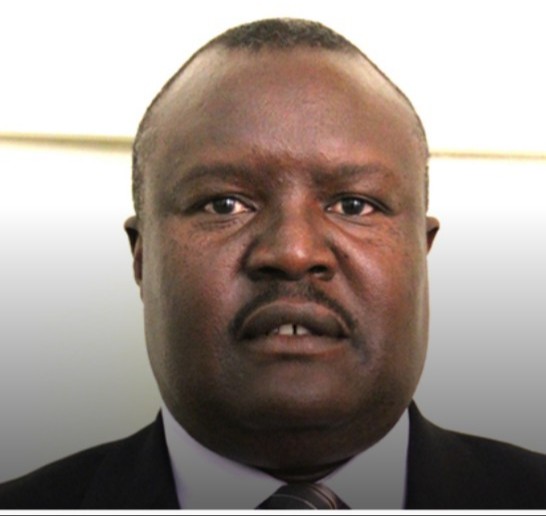|
Getting your Trinity Audio player ready...
|
The Food and Agriculture Organization of the United Nations (FAO) and the Government of Zimbabwe (GoZ) are holding review meetings of the draft land policy framework with traditional leaders and Ministers of State for Provincial Affairs in Zimbabwe. The National Comprehensive and Gender-Sensitive Land Policy Framework review meetings will take place in Bulawayo from 3- 4 March 2022.
The review meetings are part of a multi-stakeholder consultative process that began in Harare on 13 February 2019, when the Government of Zimbabwe (GoZ) with support from FAO successfully launched the process towards the formulation of a Comprehensive National and Gender-Sensitive Land Policy for Zimbabwe.
The National and Comprehensive Gender-Sensitive Land Policy framework seeks to enhance equal access to land, productivity, and sustainable utilization of land and will also take into cognizance various global discourse and benchmarks, as guided by Voluntary Guidelines on the Responsible Governance of Tenure of Land, Fisheries and Forests in the Context of National Food Security (VGGT) and in the African context the AU declaration on Land Issues and Challenges in Africa.
To ensure the land policy is relevant to Zimbabwe’s development agenda, the Ministry of Lands, Agriculture, Fisheries, Water, and Rural Development from November 2020, undertook comprehensive multi-stakeholder consultations in all ten provinces. In addition, written submissions were received from professional bodies and associations of key interest groups. That led to the development of a draft land policy framework that will be reviewed by different stakeholders, starting with Traditional leaders and Ministers of State for provincial affairs, in Bulawayo.
This policy framework has the vision of inclusive and accessible land governance and administration system across all land categories. This will ensure secure land tenure and equitable access to land for all citizens and stimulate responsible investment for the nation’s food security.
The policy also identifies a number of issues that the government of Zimbabwe and its citizens must address to achieve the social and economic transformation of Zimbabwe into an upper-middle-income country by 2030.
These include undertaking legal reforms, harmonizing government institutions with respect to land governance and administration, building the capacity of the land administration institutions including civil society and traditional authorities, strengthening the land rights of women, youth, and other vulnerable groups, providing guidance on good land use planning practices, implementing measures for transparency and mutual accountability and ensuring environmental sustainability.
FAO Guided by the VGGT is providing technical support through its multidisciplinary teams at the national, Subregional, regional, and Headquarters level to the Government of Zimbabwe to develop a land policy that will give reasonable clarity, consistency, and certainty necessary to provide the confidence for promotion of the social and economic transformation of Zimbabwe into an upper-middle-income status by 2030.
The process is now almost complete, all the provincial consultative meetings were successfully completed, the National technical land experts gathered and developed a Comprehensive and Gender-Sensitive Draft National Land Policy Framework, which is now under review by key stakeholders, the Traditional Leaders, and Government Ministers included. The next steps include consolidation of any additional inputs from all stakeholders; submission of the draft National Land policy framework to the Ministry of Lands, Agriculture, Fisheries, Water and Rural Development paving way for the final multi-stakeholder national validation land policy summit.
“Investing in a meticulous, comprehensive engagement process with meaningful participation and inclusion of all relevant stakeholders will deepen ownership and commitment critical for the implementation process of the strategy,” said Dr. Patrice Talla Takoukam, Sub Regional Coordinator for Southern Africa and FAO Representative for Zimbabwe
The formulation of the policy is supported through an FAO, Technical Cooperation Programme (TCP).






